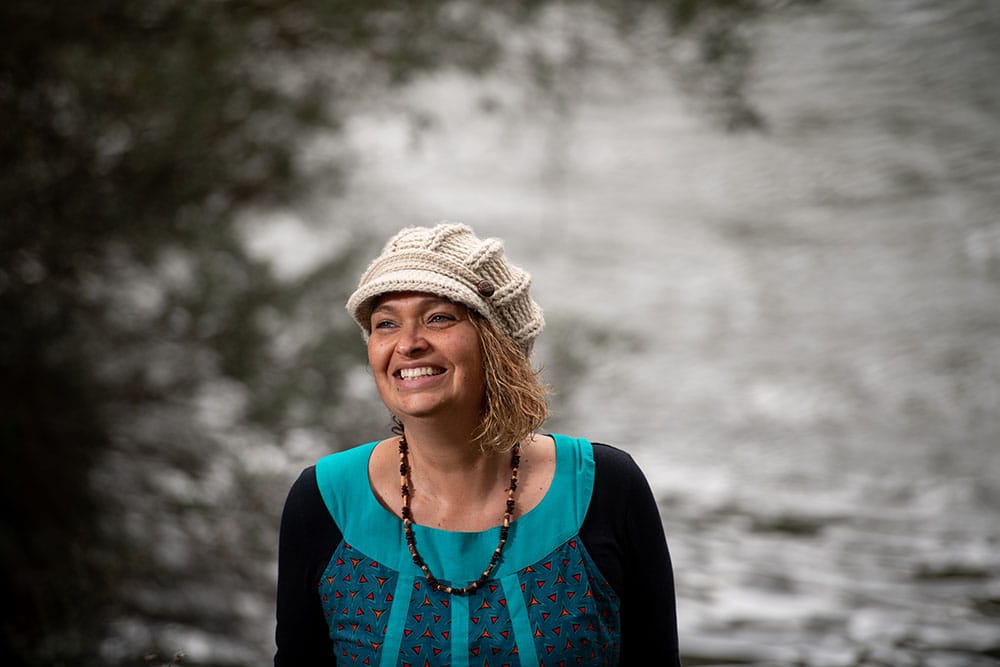
You could describe Kylie Clarke’s life and career in many ways, but never as ‘uneventful’. The Gunditjmara, Wotjobaluk and Ngarrindjeri woman grew up on Wadawurrung Country in Geelong loving sport: tennis, netball, hockey – anything with an adrenaline rush.
In her early 20s, she ventured to the Top End to continue her work in Aboriginal education that had begun with a job as a preschool assistant at the Wathaurong Aboriginal Co-operative. Until then, she’d never considered university (neither her siblings nor parents had completed secondary school). But supportive teacher colleagues at Darwin’s Alawa Primary School and St John’s College, where she was a tutor and education worker, convinced her to apply for (and win) a Faculty of Education Indigenous Scholarship. In 2004, Clarke began her double degree course in primary education and sport and outdoor recreation.
“I remember feeling a little bit out of my depth,” she says of her first day on campus at Monash University’s former Gippsland (Churchill) campus.
“I was missing an Aboriginal presence, and then I saw a beautiful Aboriginal mural on one of the outside walls. At that moment I thought, ‘Ah, I am meant to be here’. I’ve since appreciated how powerful such symbols are.”
Clarke settled into university life, enjoying teacher placements, outdoor recreation experiences and playing for the Monash Blues in women’s football. Academically, she won a Monash Indigenous Scholarship for Excellence, a Blue Stockings Award in recognition of her potential and, on completing her degree in 2007, made the Faculty of Education Dean’s Honours List.
She went on to work at Monash, implementing the Koorie Footprints to Higher Education program. “The numbers of Indigenous students were quite low at the time, so we really needed to go back to basics, making it a culturally safe space that was more appealing and accessible.”
A life-altering experience
Returning to Geelong in 2011 to coordinate the Gordon TAFE Koorie Unit, a year later she set off on a solo backpacking adventure around the world. Then, in Brazil, nine-and-a-half months into her trip, she suddenly fell ill. “My gut instinct knew something wasn’t right. I knew I had to come home. Within two days I was diagnosed with acute myeloid leukaemia, which hit like a tonne of bricks and changed my world.”
Three months of chemotherapy, a stem-cell transplant, 11 weeks in isolation, countless blood transfusions and about 50 hospital admissions in a year followed.
Since then, Clarke has worked as a mentor and program manager with the Australian Indigenous Mentoring Experience and is currently the Parrwang Youth Arts coordinator at the Geelong Performing Arts Centre.
In 2017, she turned her hand to designing the AFL Indigenous Round guernsey for the Western Bulldogs Football Club, inspired by a special connection with her late father and lifelong Bulldogs supporter, Peter.
Now 37, Clarke is in remission but still feels the effects of treatment. She misses playing sport (rehabilitation is a long road) but is wiser about life. “It’s all about people and the connections we make that can contribute to a better world,” she says. “To be able to walk past somebody in the street and share a smile, a compliment or to help someone in need. It can have a huge impact on someone’s day, and that, to me, is soul-soothing.”





